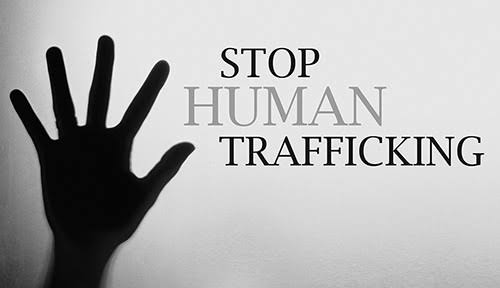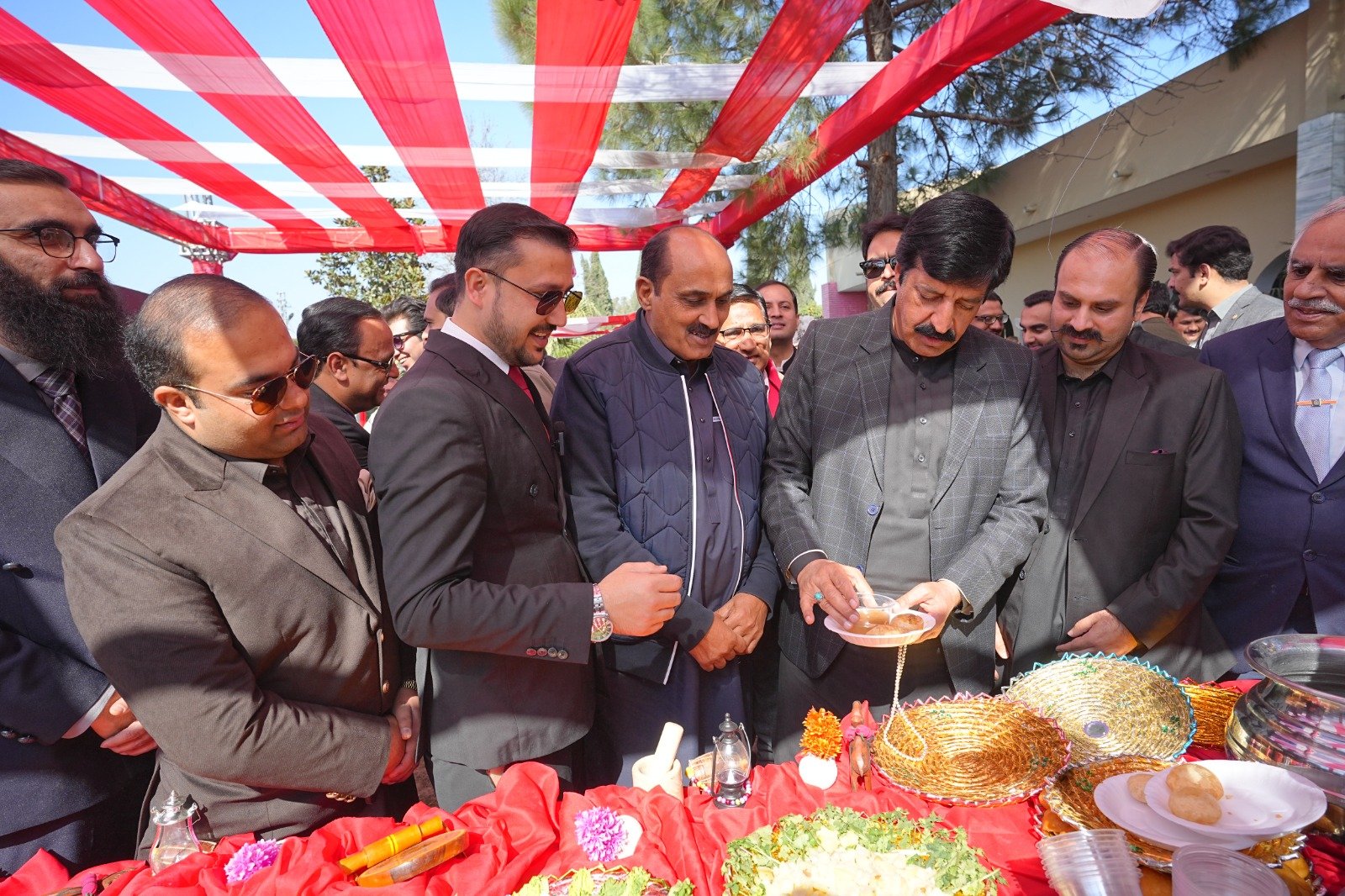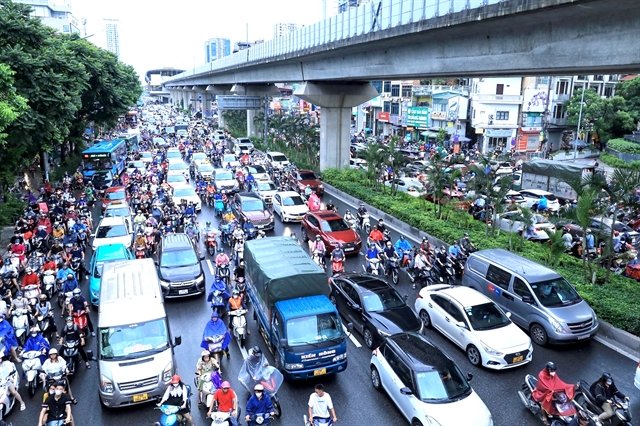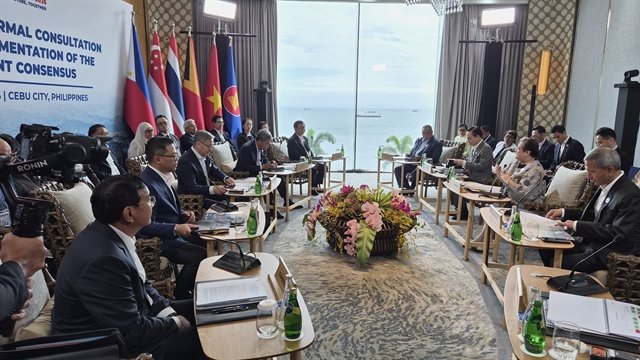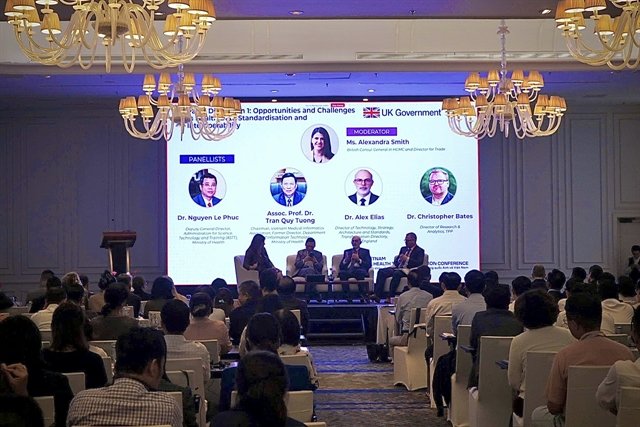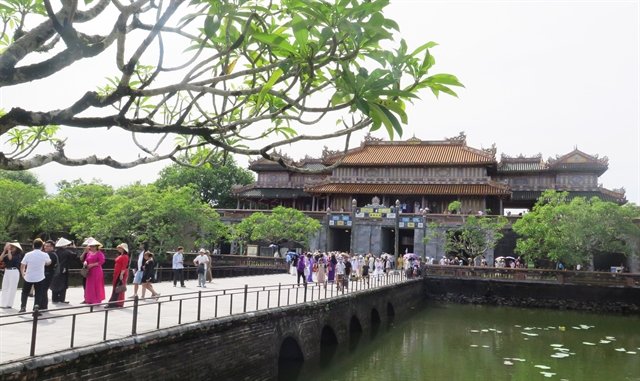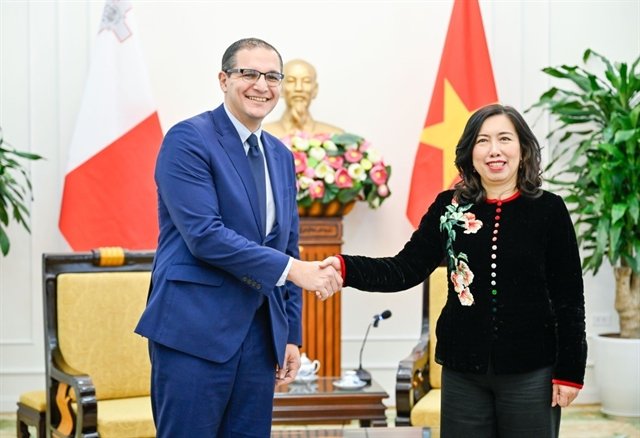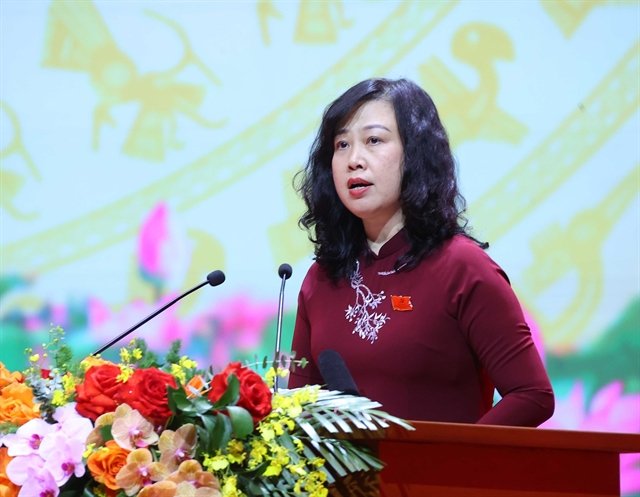Hanoi, August 14, 2024, The Europe Today: Vietnamese Lawmakers are discussing significant revisions to the Law on Human Trafficking Prevention, aiming to enhance the country’s efforts against human trafficking. The proposed changes include an expanded definition of human trafficking, increased support for victims, and a new prohibition on the sale of fetuses.
Lê Thị Nga, Chairwoman of the National Assembly’s Committee on Judicial Affairs, emphasized that the broader definition, which includes three core elements, would allow Vietnam to address real-world challenges more effectively and align more closely with international standards. She highlighted the importance of the revised law in offering heightened legal protection, particularly for minors. Under the new provisions, anyone under the age of 18 is considered a victim of trafficking, regardless of their expressed consent, recognizing that minors may not fully comprehend the implications of their decisions.
For adults, consent is only considered valid in the absence of coercion, threats, or deception—key components in defining human trafficking. The revised law also includes transitional provisions to manage the impact of these changes in defining a victim.
Nga acknowledged the challenges faced by children born to trafficked mothers. While these children are not considered direct victims unless there were agreements to sell them before birth, the revised law includes provisions to support all individuals under 18 connected to trafficking cases. This support encompasses basic needs, healthcare, psychological assistance, travel costs, legal aid, and language interpretation services.
Addressing the sale of fetuses, Nga clarified that although a fetus is not legally recognized as a person, such sales often lead to child trafficking after birth. To prevent this, the revised law explicitly prohibits the sale of fetuses and any agreements to sell people while they are still fetuses.
The proposed revisions also introduce a new provision that outlines the responsibilities of the Hồ Chí Minh Communist Youth Union in preventing human trafficking, a measure that has received approval from the organization’s Central Committee.
Hoàng Thanh Tùng, Chairman of the National Assembly’s Committee on Legal Affairs, supported the broadened definition of human trafficking, emphasizing its intent to ensure that no potential victims are left unprotected. To further align the definition with the Penal Code and the Law on Adoption, Tùng suggested adding the phrase “except as otherwise provided by law” after the term “other material benefits.”
The proposed ban on the sale of fetuses and agreements to sell people while they are still fetuses also garnered widespread support but sparked debate over the precise wording needed to guarantee clarity and enforceability. During the discussions, Bùi Văn Cường, National Assembly Secretary-General and Chairman of the National Assembly Office, proposed alternative language, suggesting “selling people who have been conceived.” However, National Assembly Vice Chairman Trần Quang Phương and Chairwoman of the National Assembly’s Committee on Social Affairs Nguyễn Thúy Anh felt that the current wording in the revised law is already sufficiently clear and comprehensive.
These proposed revisions are part of Vietnam’s ongoing efforts to combat human trafficking and provide stronger legal frameworks to protect vulnerable individuals. The National Assembly will continue to deliberate on the final wording and implementation of the revised law.
